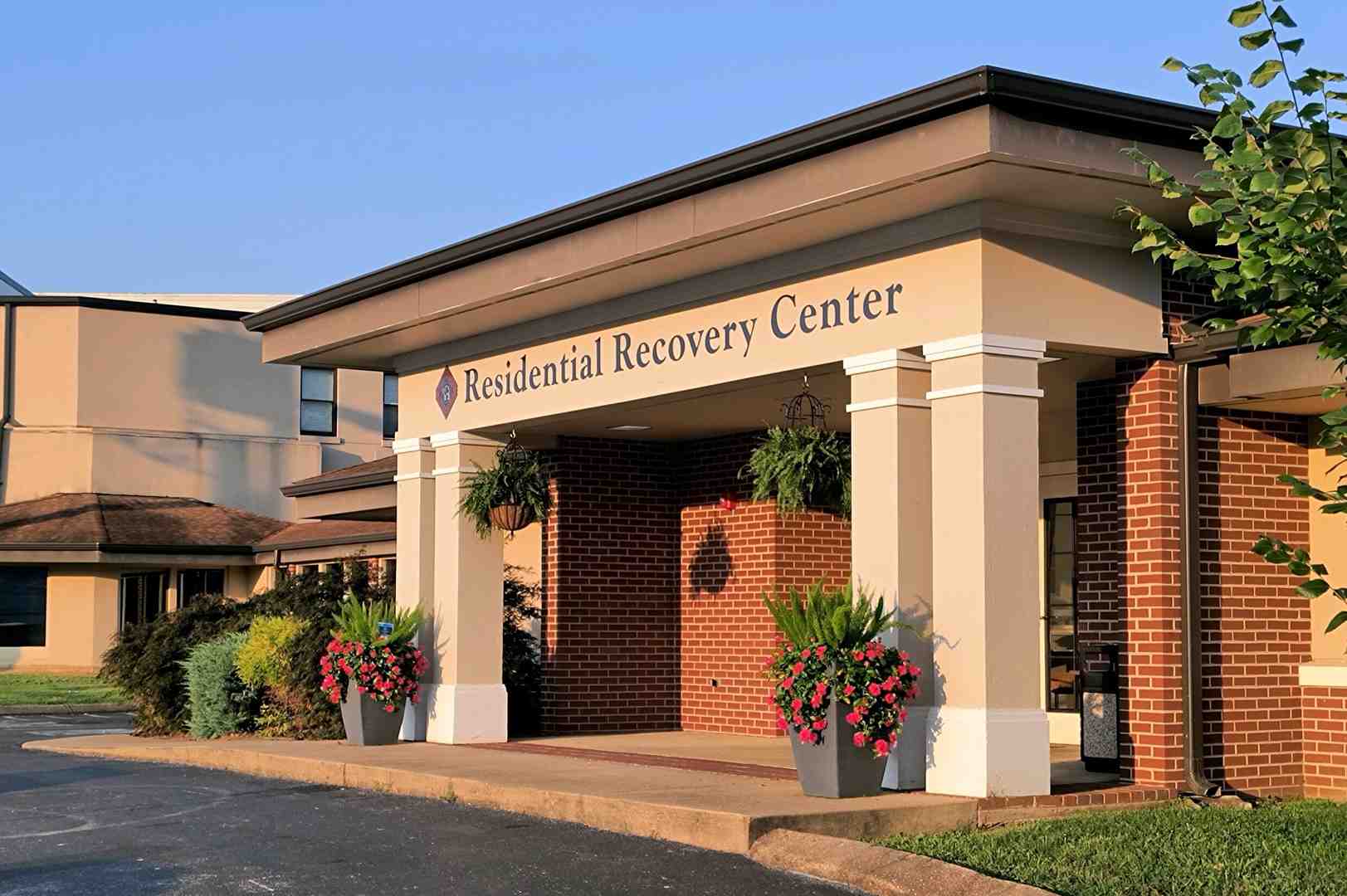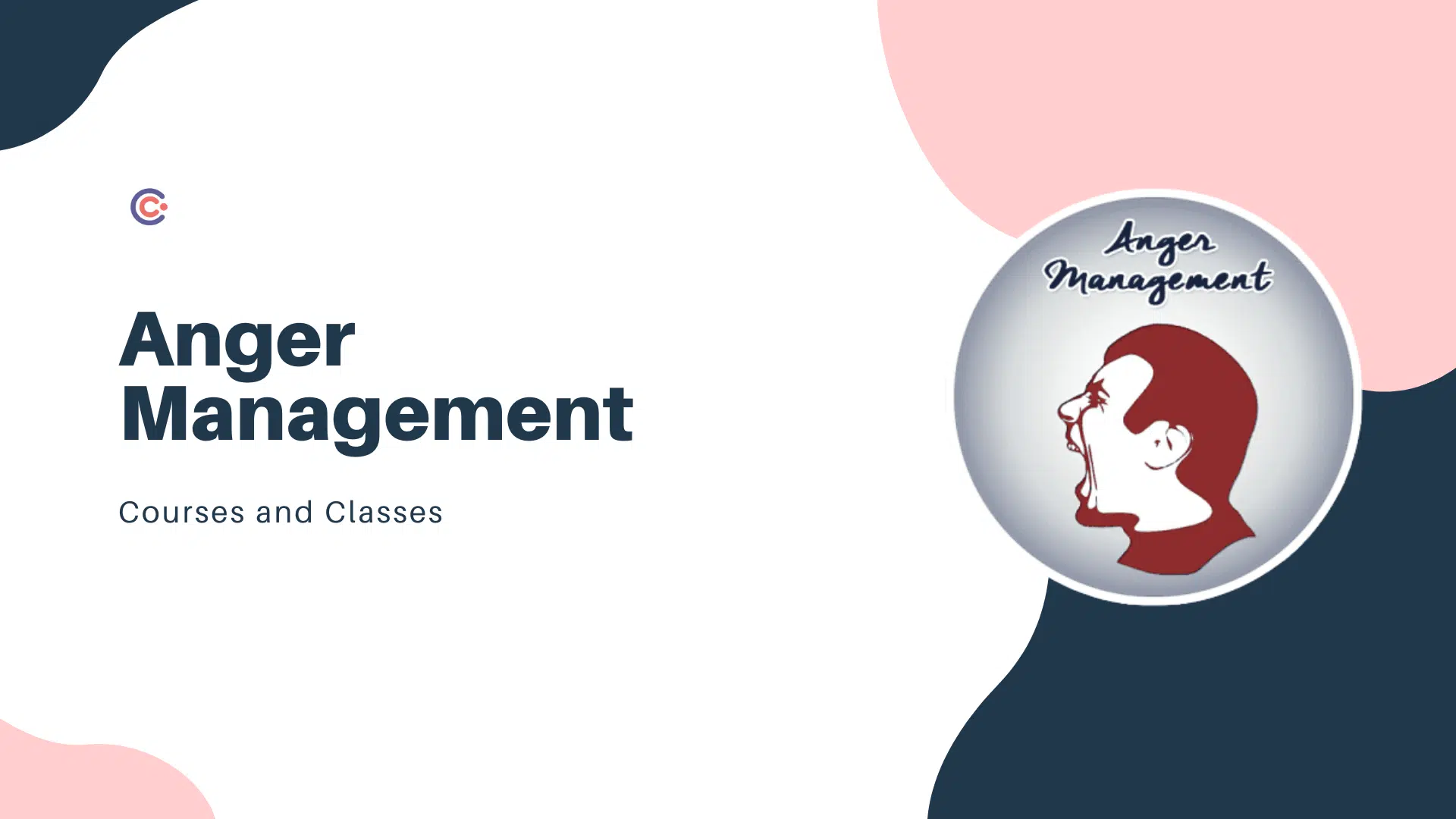
Why Anger Management Classes Can Change Your Life
If you’re struggling with regrettable outbursts and strained relationships due to anger, you’re not alone. Anger management classes are structured programs that teach you to understand and express anger in healthier ways. These courses work, helping millions find a better path forward. As one participant shared: “I really enjoyed the course material. I learned a lot and found out that I have a problem. The course allowed me to identify what my problems were and manage them more effectively.”
What They Offer:
- Evidence-based techniques like Cognitive Behavioral Therapy (CBT) and mindfulness.
- Skills for identifying triggers and managing emotional responses.
- Strategies for conflict resolution and assertive communication.
- A variety of formats, including online, in-person, group, or individual sessions.
Who They’re For:
- Anyone with explosive outbursts, chronic irritability, or a desire to improve relationships and emotional well-being.
- Individuals required by a court or employer to complete anger management.
Cost and Duration:
- Costs range from $25 for short online courses to over $200 for comprehensive sessions.
- Free options are available through platforms like Alison.
- Lengths vary from 4-hour courses to 52-week programs for legal requirements.
Anger itself isn’t the problem; it’s a normal emotion. The issue is how we express it. Learning to manage anger doesn’t mean suppressing feelings, but developing tools to respond thoughtfully rather than react impulsively. Uncontrolled anger is serious, increasing your risk of heart disease and stroke, damaging relationships, and derailing careers. For those in recovery, it’s a common relapse trigger.
Finding the right class is crucial, whether you’re attending voluntarily or for a court order. At Addiction Helpline America, we help individuals steer the challenges of addiction and co-occurring issues like problematic anger. We can guide you to an anger management class that fits your specific needs, budget, and recovery goals.
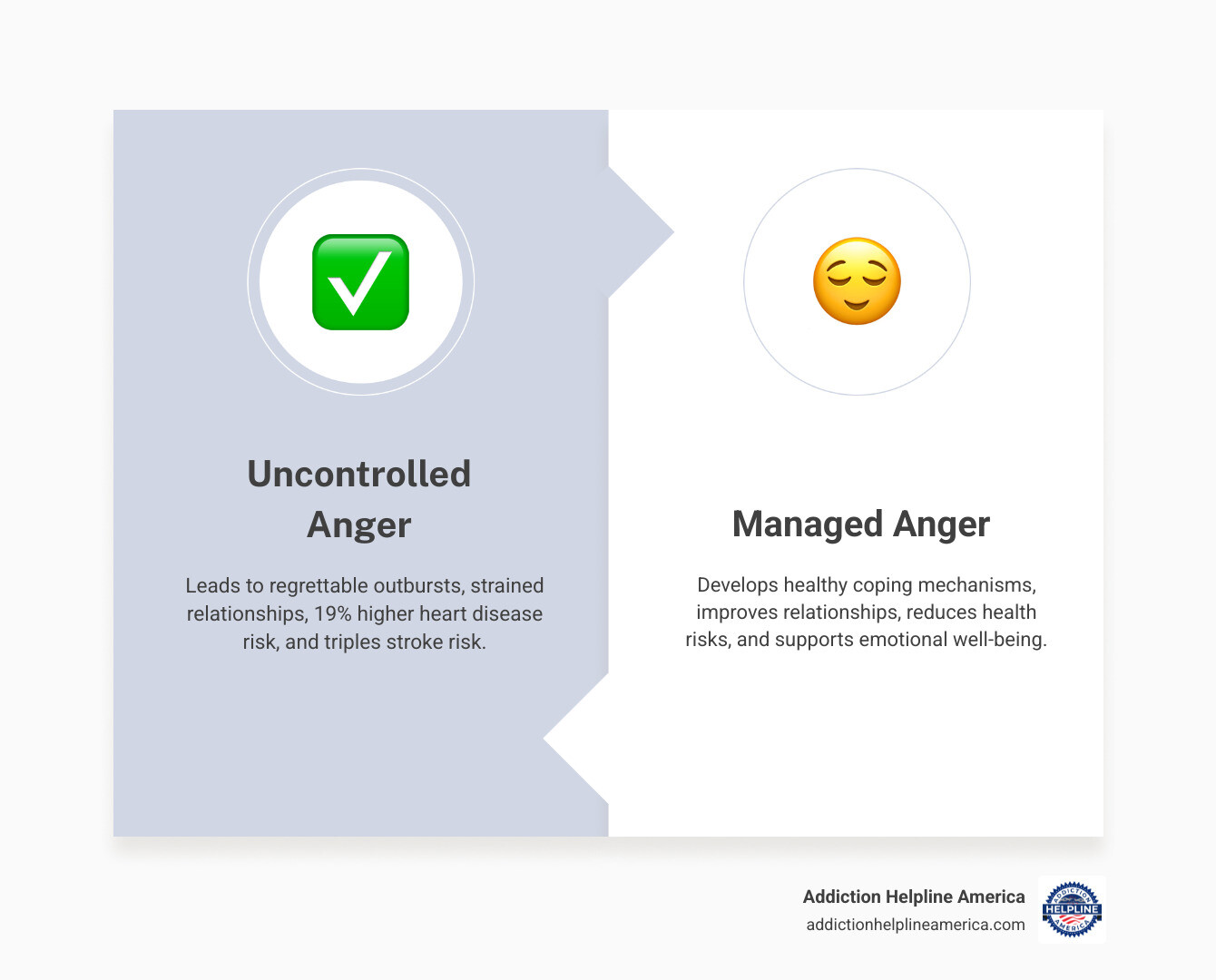
Related content about anger management classes:
Understanding Anger and When to Seek Help
Anger is a natural emotion, but it becomes a problem when it’s your default response, leading to explosive rage and actions you regret. It’s crucial to distinguish between anger (an emotion) and aggression (a behavior). Anger management classes teach you to feel anger without acting aggressively.
Psychologists identify two types of anger: state anger, a temporary flash of fury tied to a situation, and trait anger, a predisposition to get angry more easily and intensely. Recognizing your body’s warning signs—a pounding heart, clenched jaw, or tense muscles—is the first step to intervening before you hit a boiling point.
Often, anger is a symptom of deeper issues like unresolved trauma, chronic stress, anxiety, or depression. It’s also a feature of conditions like Intermittent Explosive Disorder (IED), Bipolar Disorder, and PTSD. Addressing these root causes is essential for getting anger under control.
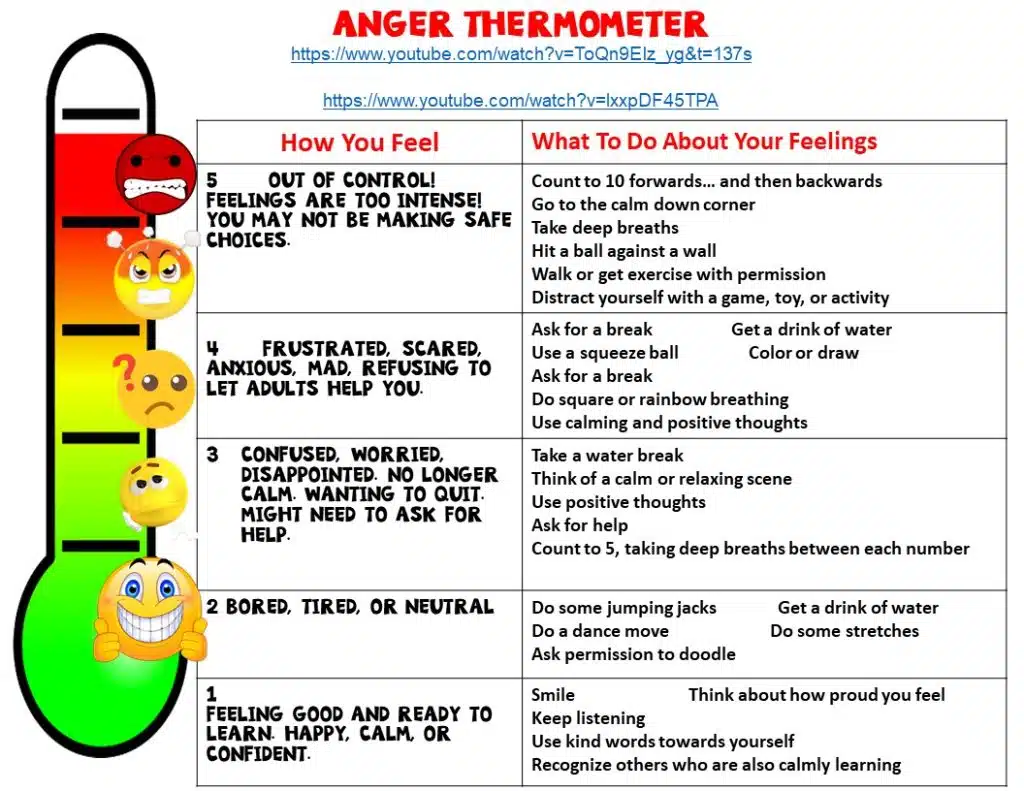
The Impact of Uncontrolled Anger
Unchecked anger can damage your health, relationships, and future. Mentally, it fuels anxiety and depression. Physically, the consequences are alarming: chronic anger increases your risk of coronary heart disease by 19%, and your stroke risk triples in the two hours following an outburst.
Relationships suffer from broken trust and constant conflict. At work, uncontrolled anger can lead to disciplinary action or termination. For those in recovery, anger is a major threat and one of the most common relapse triggers. Managing it effectively is critical for staying sober. Our resources on Aftercare and Relapse Prevention can provide additional support.
Call Now – Your Journey to Recovery Begins Today!

Take the first step towards a healthier life! Call now to connect with our compassionate team and start your recovery journey today. Your path to healing awaits!
Our recovery specialists are available 24/7 to provide support, and all calls are confidential and free. Reach out anytime – we’re here to help!
Who Attends Anger Management?
Anger management classes are for everyone. Voluntary participants attend for personal growth, hoping to become better partners, parents, or friends. Many are court-ordered or mandated by employers due to legal issues or workplace conflicts. We also see parents and couples who want to build healthier communication patterns and break cycles of hostility. If you’re working on family dynamics, you might find our family support resources helpful. Regardless of why they attend, everyone shares the goal of learning to express anger constructively.
What You’ll Learn: Key Skills and Strategies
Anger management classes teach you to channel anger constructively, not suppress it. The curriculum focuses on understanding your anger’s origins and developing healthy responses. Most programs are built on Cognitive Behavioral Therapy (CBT), an evidence-based approach to help you reframe the thoughts that fuel anger. You’ll also develop emotional intelligence, self-awareness, and practical skills in conflict resolution, assertive communication, and stress management.

Core Topics Covered in Anger Management Programs
While programs vary, most cover a core set of topics to give you practical strategies:
- Identifying Triggers: Pinpointing the specific situations, people, or thoughts that set you off.
- Understanding the Angry Brain: Learning about the physiological response to anger and how to recognize it.
- Impulse Control: Creating a pause between feeling an emotion and acting on it, so you can choose your response.
- Assertive Communication: Expressing your needs and feelings clearly and respectfully, without aggression or passivity.
- Setting Boundaries: Protecting your emotional space to prevent resentment and anger.
- Relaxation Techniques: Using tools like deep breathing, mindfulness, and visualization to calm your body’s stress response. For more ideas, explore these Anger Management Resources.
Developing Healthy Coping Mechanisms
Real change comes from applying healthy coping mechanisms in your daily life. These strategies help you shift from reactive explosions to thoughtful responses.
- Cognitive Restructuring: Challenging and replacing anger-fueling thoughts with more balanced, logical ones.
- Mindfulness: Observing your emotions without judgment, creating a space between feeling and reacting.
- Structured Communication: Using frameworks like the D.E.S.K. method (Describe, Express, Specify, Consequences) to steer conflict effectively.
- Strategic Disengagement: Using lighthearted humor (not sarcasm) or taking a timeout to de-escalate a situation and regain perspective.
- De-escalation Exercises: Using physical techniques to calm your body’s anger response, such as box breathing, changing your environment, or engaging your senses with cold water or music.
With practice, these tools become second nature, helping you manage anger in ways that protect your health and relationships.
Your Guide to Choosing the Best Anger Management Classes
Finding the right anger management classes is a critical step. Start by defining your goal: are you seeking personal growth or fulfilling a court or employer requirement? This will guide your choice. Investing time to find the right program is as important as any healthcare decision, similar to Choosing the Right Rehab Facility.
Prioritize reputable providers with structured, evidence-based curricula (like CBT) and qualified instructors. If attending for legal reasons, court acceptance is non-negotiable. Always verify with your court or HR department before enrolling, even if a program advertises nationwide acceptance.
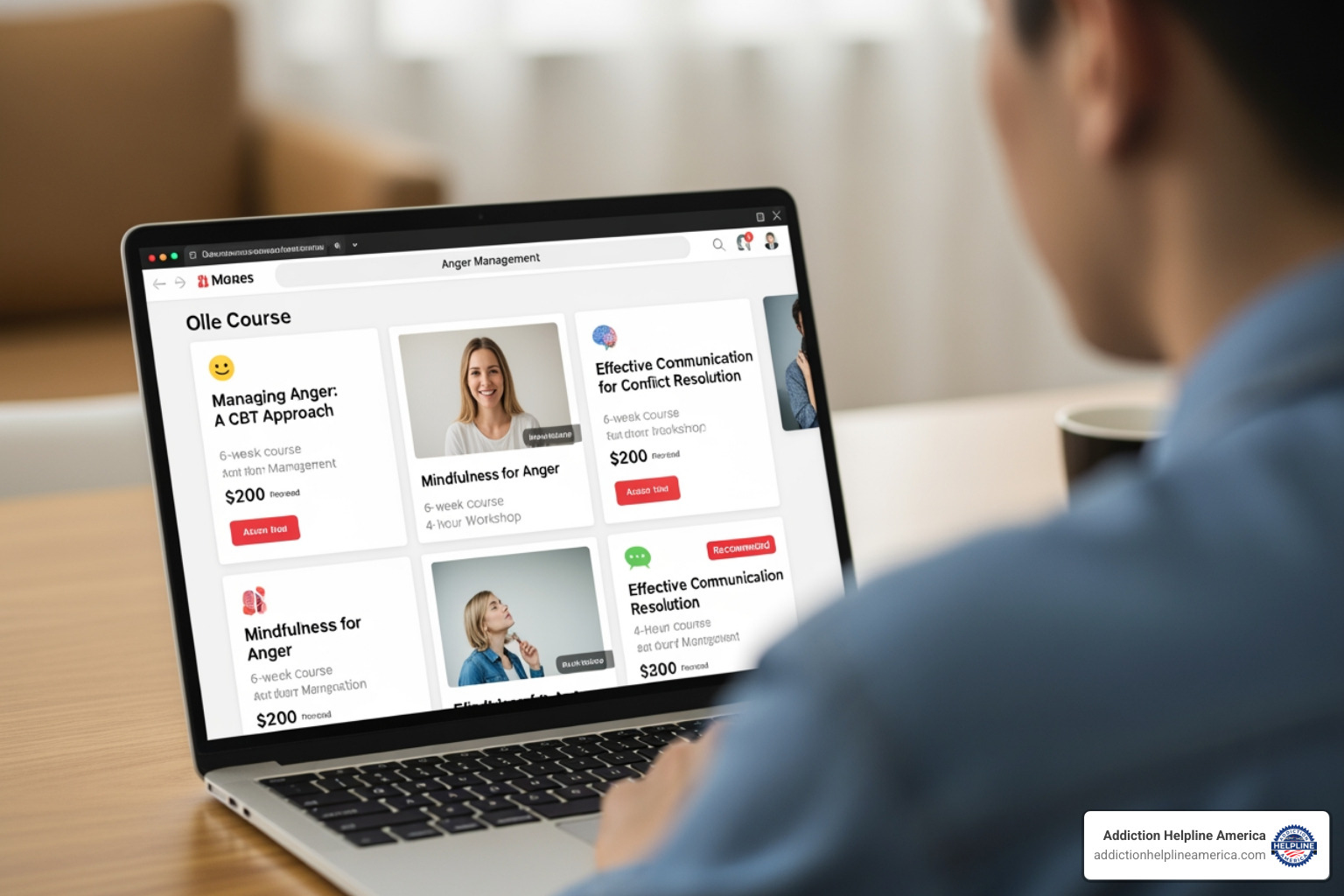
Comparing Different Types of Anger Management Classes
Classes are available in various formats to suit different needs, schedules, and budgets.
| Feature | Online Classes | In-Person Classes | Group Sessions | Individual Sessions |
|---|---|---|---|---|
| Cost | Generally lower ($25-$150+) | Often higher ($100-$200+ per session/course) | Moderate ($50-$100+ per session) | Highest ($100-$250+ per session) |
| Flexibility | High (self-paced, 24/7 access) | Low (fixed schedules, travel required) | Moderate (fixed schedules, peer support) | High (flexible scheduling, personalized attention) |
| Interaction | Limited (forums, email support) | High (direct interaction with instructor and peers) | High (peer learning, shared experiences) | High (one-on-one with a professional) |
| Court Acceptance | Widely accepted nationwide, but verify locally | Generally accepted, often preferred for strict mandates | Generally accepted, good for social learning | Generally accepted, often for more severe cases |
- Online classes offer the most flexibility and affordability, with self-paced learning and instant certificates. They are ideal for busy schedules but have limited real-time interaction.
- In-person classes provide direct interaction with instructors and peers, which can be powerful for learning. They are less flexible and cost more, but may be required for some court mandates.
- Group sessions foster a sense of community and allow you to practice skills with others who share similar struggles.
- Individual sessions offer personalized, one-on-one attention custom to your specific challenges. This is the most expensive option but is highly effective for complex issues or those who value privacy.
How to Find Reputable Anger Management Classes
To find a quality program, do your homework:
- Check Certifications: Look for accredited programs that meet national standards and offer a money-back guarantee for court acceptance.
- Read Reviews: See what past participants say about their experience and the practical skills they learned.
- Verify Court Approval: This is essential. Call your court, probation officer, or HR representative to confirm they accept the specific program you’re considering.
- Ask About Methodology: A good program will be transparent about its use of evidence-based practices like CBT.
- Confirm Length and Structure: Ensure the program meets the number of hours required by your mandate or fits your personal goals.
Addiction Helpline America has a comprehensive directory to help you steer your options. Find a local class that fits your situation and take the first step toward healthier emotional responses.
Frequently Asked Questions about Anger Management Courses
Here are straightforward answers to common questions about how anger management classes work.
How much do anger management classes cost?
The price varies significantly by program type and length.
- Online Courses: This is the most affordable option, with prices ranging from about $25 for a 4-hour course to $150 for extended 52-hour programs. Most include the certificate of completion.
- In-Person Sessions: These cost more. Group sessions typically range from $50-$100 per session, while individual therapy can be $100-$250+ per session.
- Free Options: Platforms like Alison offer free anger management courses, which are great for self-improvement but may not satisfy court requirements without a paid certificate.
- Insurance Coverage: Insurance doesn’t typically cover anger management classes directly. However, if your anger is a symptom of a covered mental health condition like depression or PTSD, your policy might cover therapy that addresses it. Always check with your provider.
How are anger management classes different from therapy?
This is a key distinction. Anger management classes are educational workshops focused on skills. They teach practical, immediate strategies to identify triggers, control impulses, and communicate better. They are structured, curriculum-based, and focus on the how of managing anger.
Therapy goes deeper, exploring the why behind your anger. A therapist helps you uncover and heal underlying causes like past trauma or co-occurring mental health issues. Therapy is less structured and aims for profound, long-term change.
Often, using both together is the most powerful approach. Classes provide in-the-moment tools, while therapy addresses the root cause. Our network includes providers offering comprehensive, inclusive care, which you can learn more about in our LGBTQ+ Rehab Programs Complete Guide.
How long do the classes last?
Duration depends on your goals and any external requirements.
- Online Courses: These are self-paced and flexible, ranging from short 4-hour classes to comprehensive 52-hour programs.
- In-Person Programs: These usually follow a weekly schedule, with common formats being 8 or 12 weeks. More intensive programs can last up to 52 weeks.
- Court-Mandated Length: If you have a legal requirement, the length is non-negotiable. Courts specify the exact duration needed (e.g., 8 hours, 12 weeks, etc.). It is crucial to confirm the requirement with your court or attorney before enrolling to ensure the program you choose will be accepted.
Call Now – Your Journey to Recovery Begins Today!

Take the first step towards a healthier life! Call now to connect with our compassionate team and start your recovery journey today. Your path to healing awaits!
Our recovery specialists are available 24/7 to provide support, and all calls are confidential and free. Reach out anytime – we’re here to help!
Conclusion
Understanding what anger management classes offer is the first step toward real change. Seeking help for explosive outbursts, court requirements, or relationship improvement is a sign of strength. The skills you learn—emotional regulation, conflict resolution, and assertive communication—will benefit every area of your life.
By learning to respond rather than react, you’ll improve your mental and physical well-being, deepen your relationships, and, for those in recovery, build a crucial defense against relapse. The journey to control anger can feel overwhelming, but you don’t have to do it alone.
Addiction Helpline America exists to connect people with the right mental health and addiction resources. Our guidance is free, confidential, and personalized. We can help you find an anger management program that fits your needs, whether it’s an online course, a local group, or individual therapy.
Your future doesn’t have to be defined by anger. The tools you need are within reach. Let us help you find your path forward.
Get help finding a program today
Our helpline is 100%
free & confidential
If you or someone you care about is struggling with drug or alcohol addiction, we can help you explore your recovery options. Don’t face this challenge alone—seek support from us.
Programs
Resources
Will my insurance
cover addiction
treatment?
We're ready to help
Find the best
drug or alcohol treatment
center
Are you or a loved one struggling with addiction? Call today to speak to a treatment expert.





